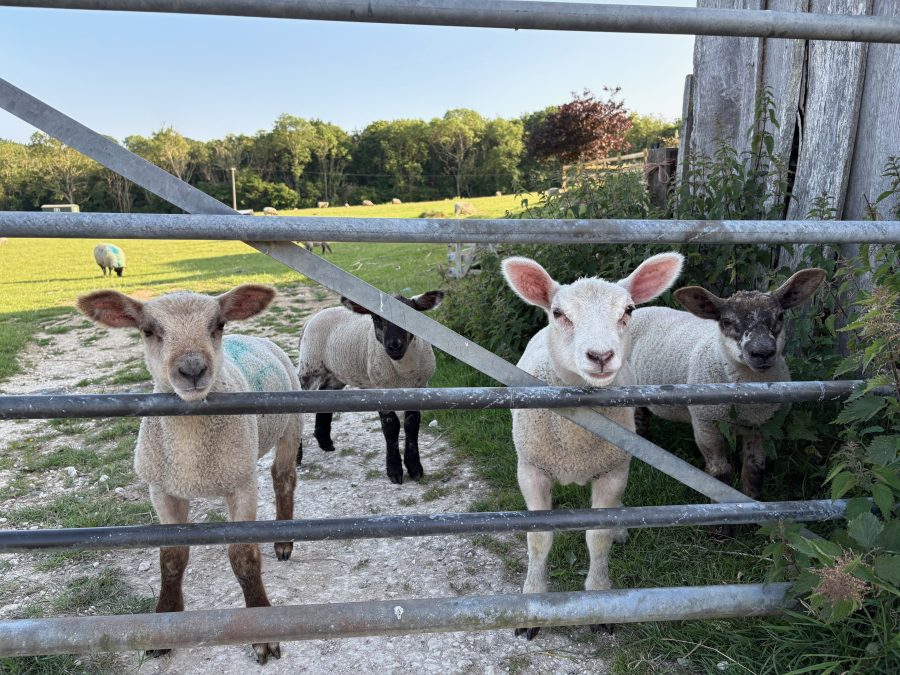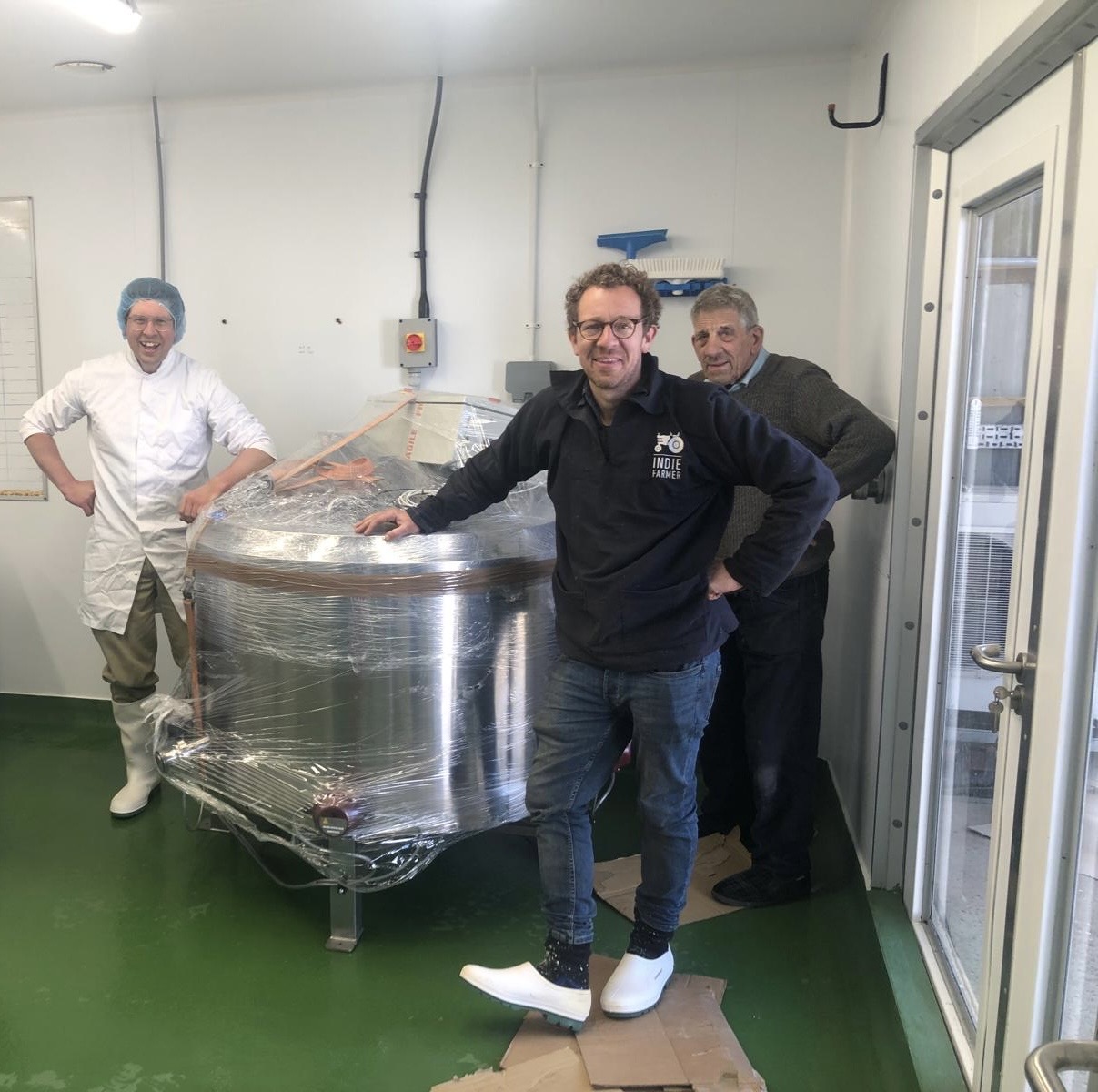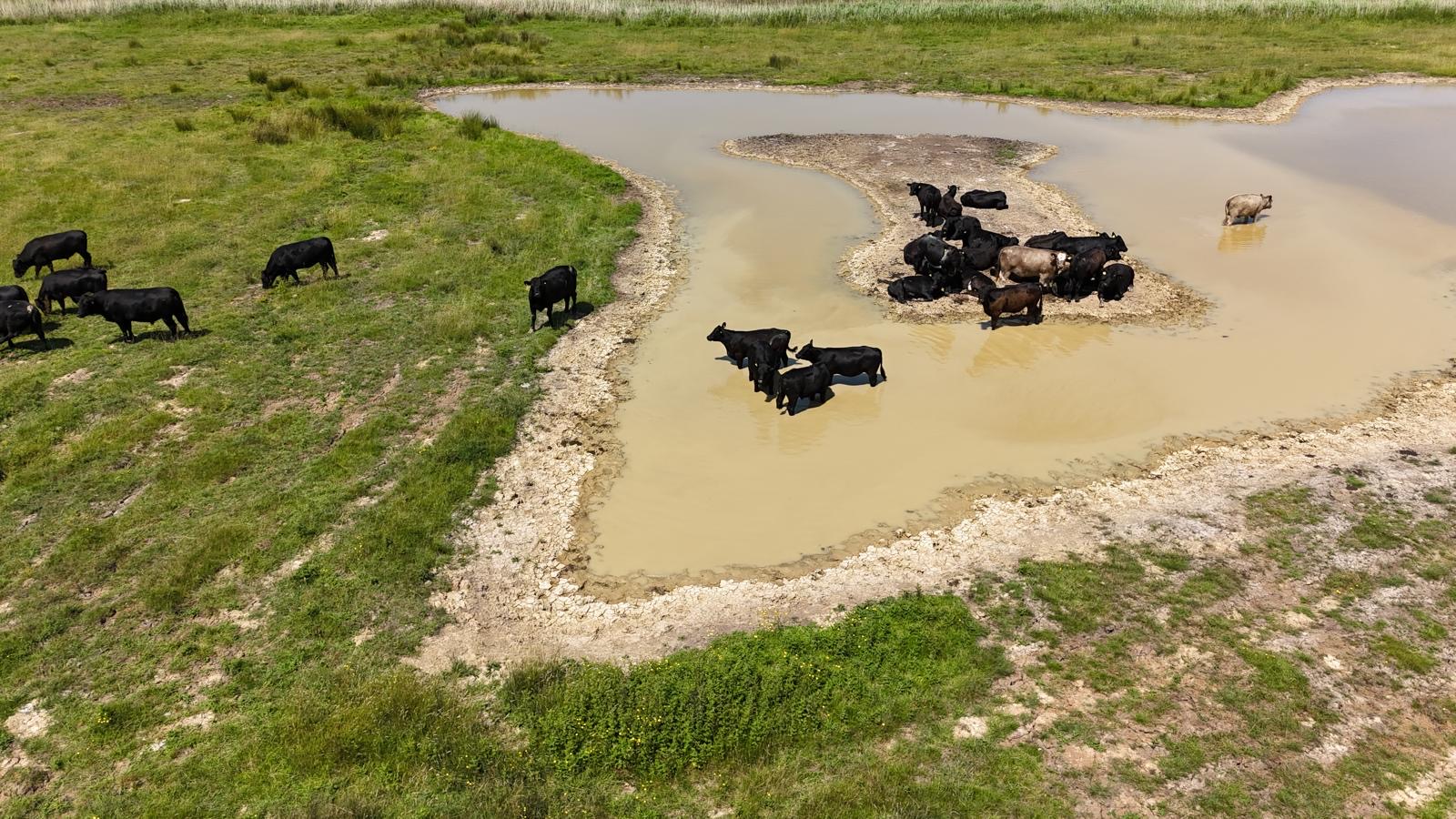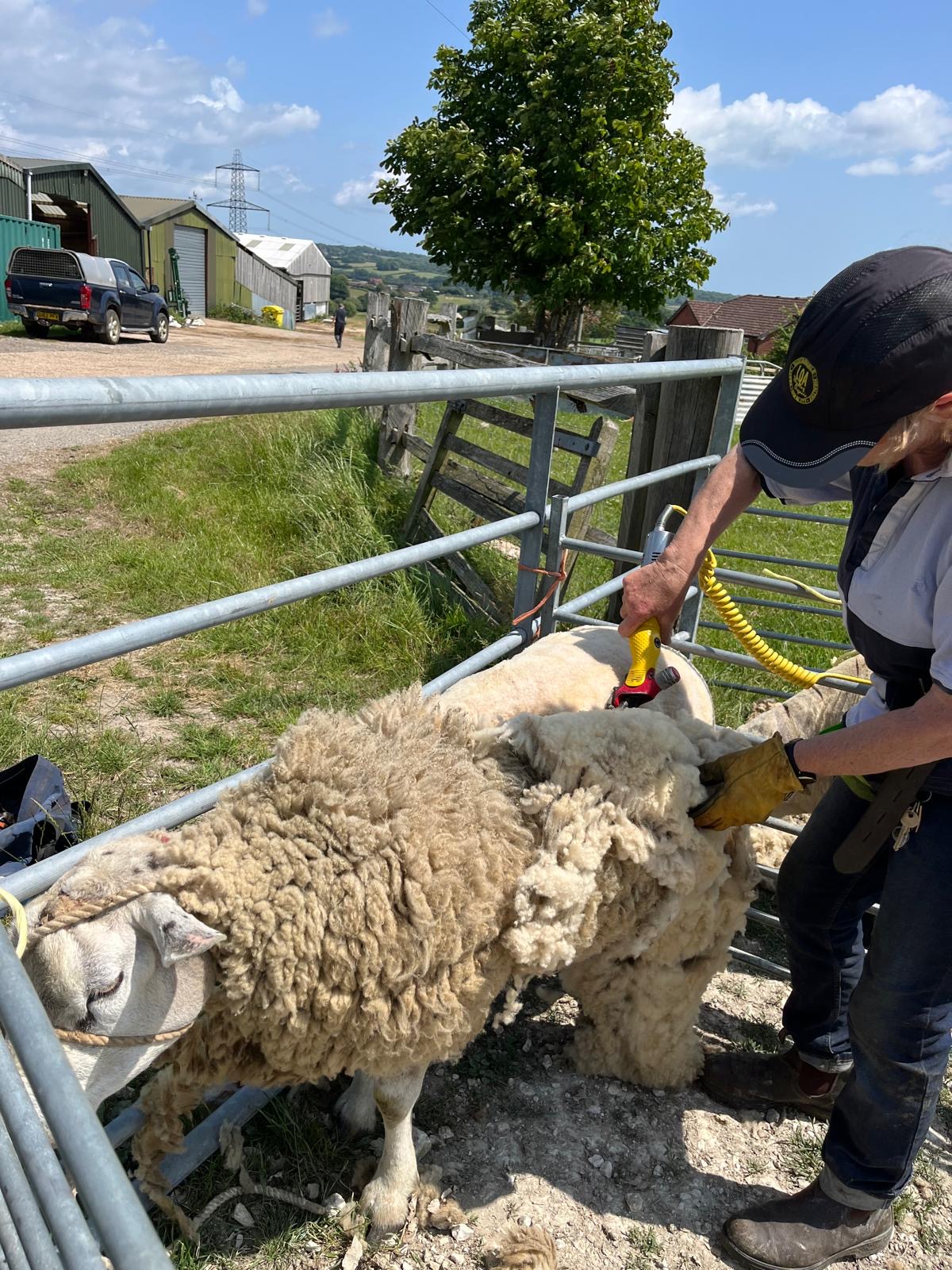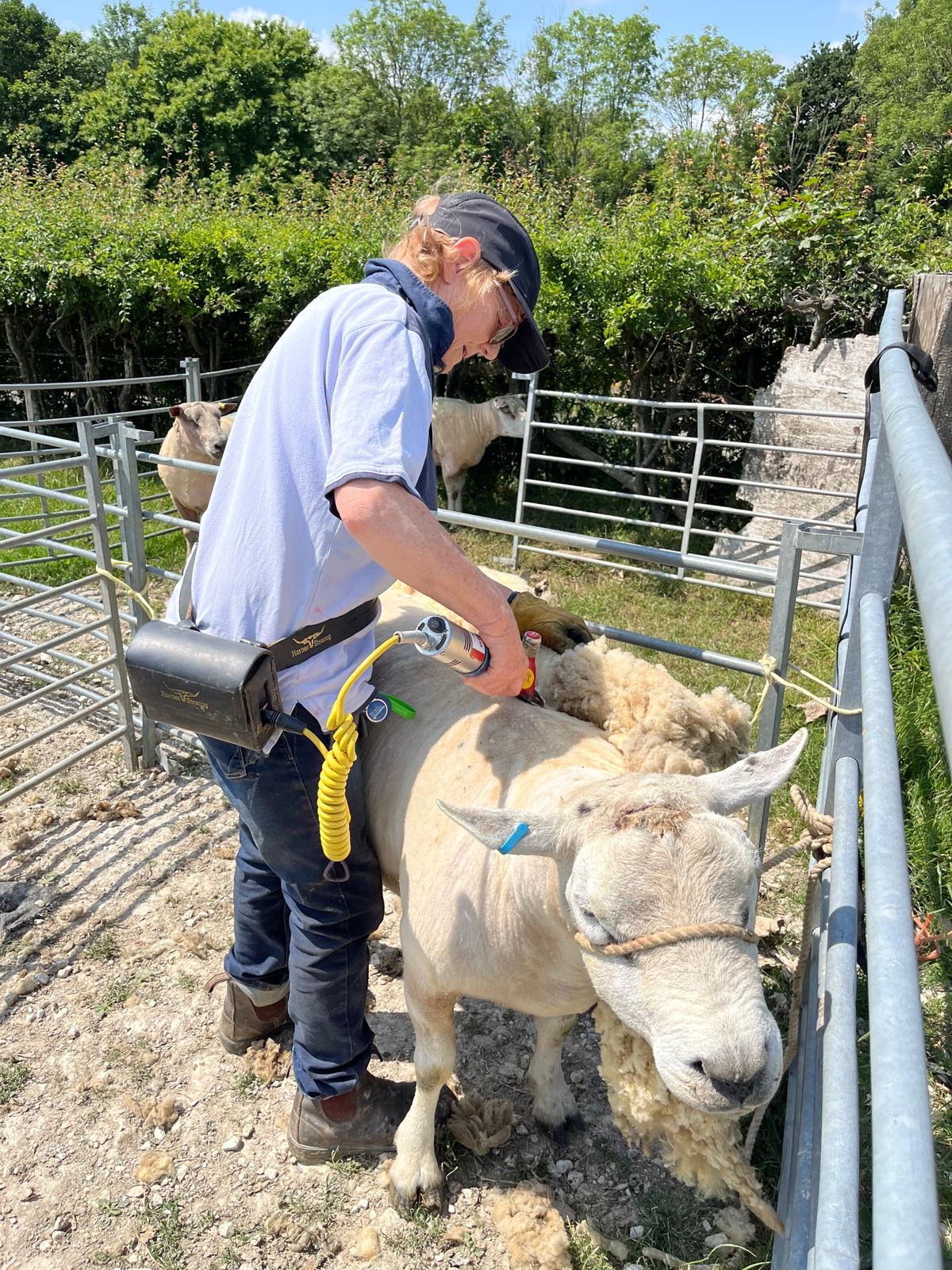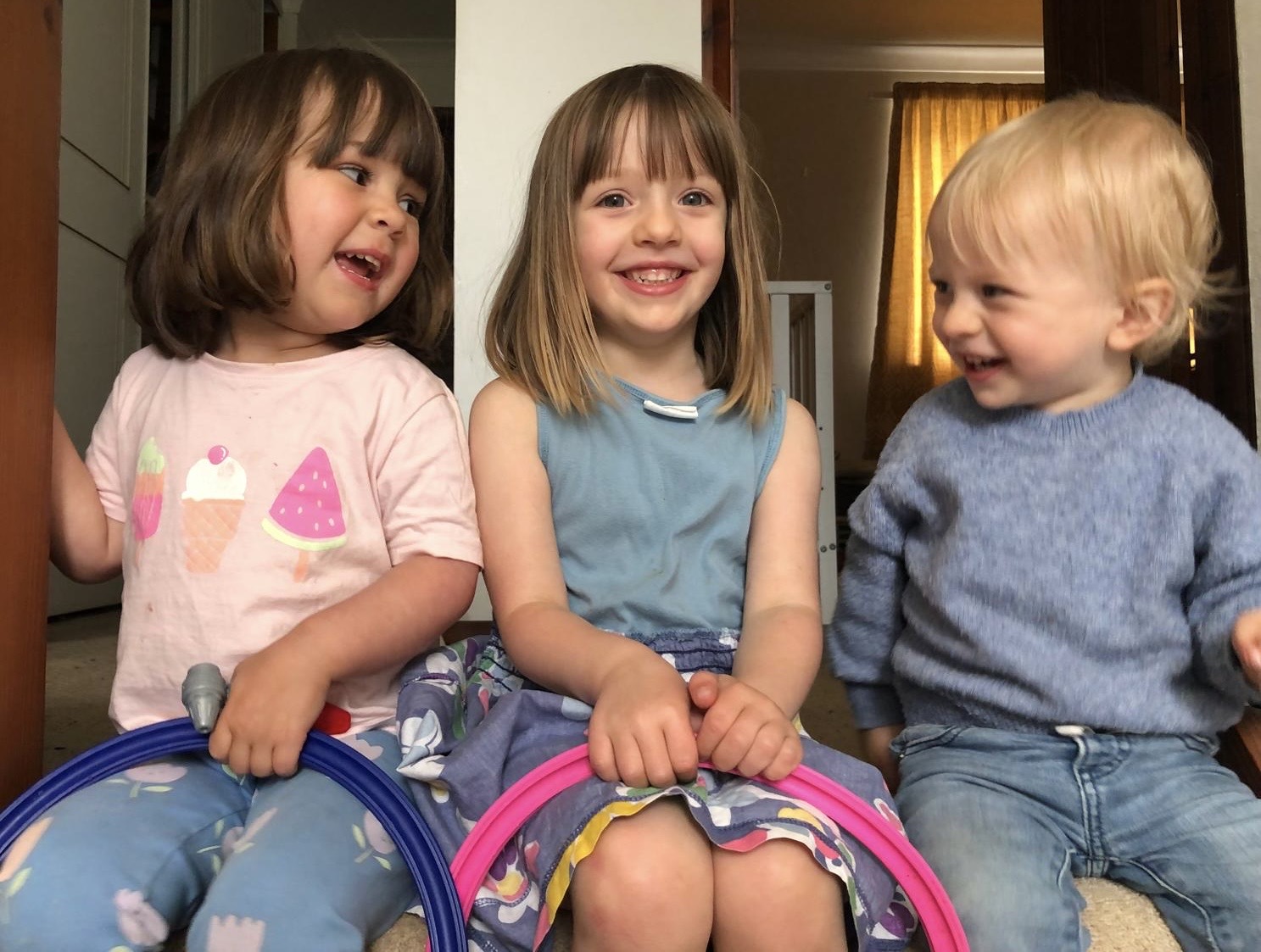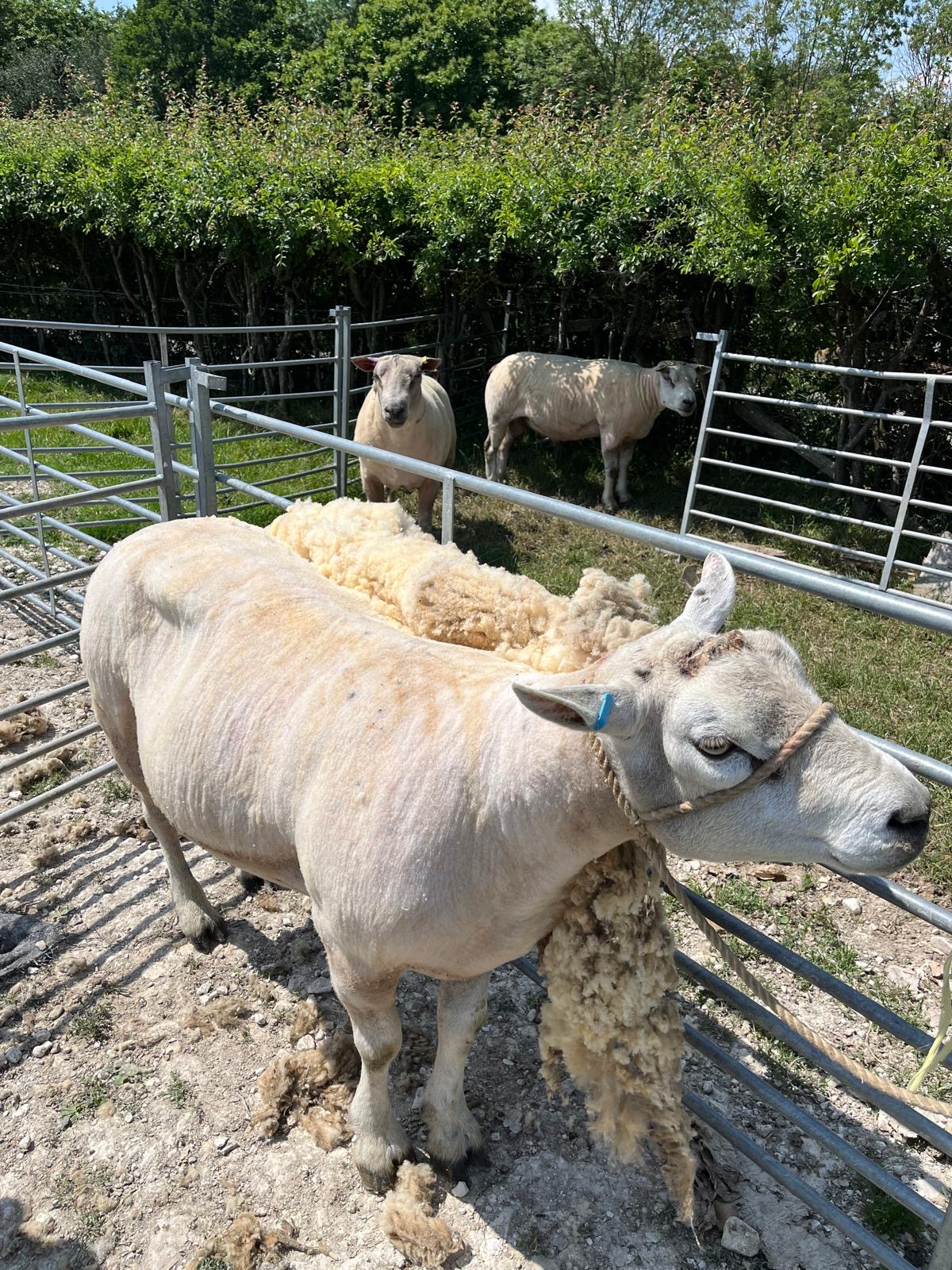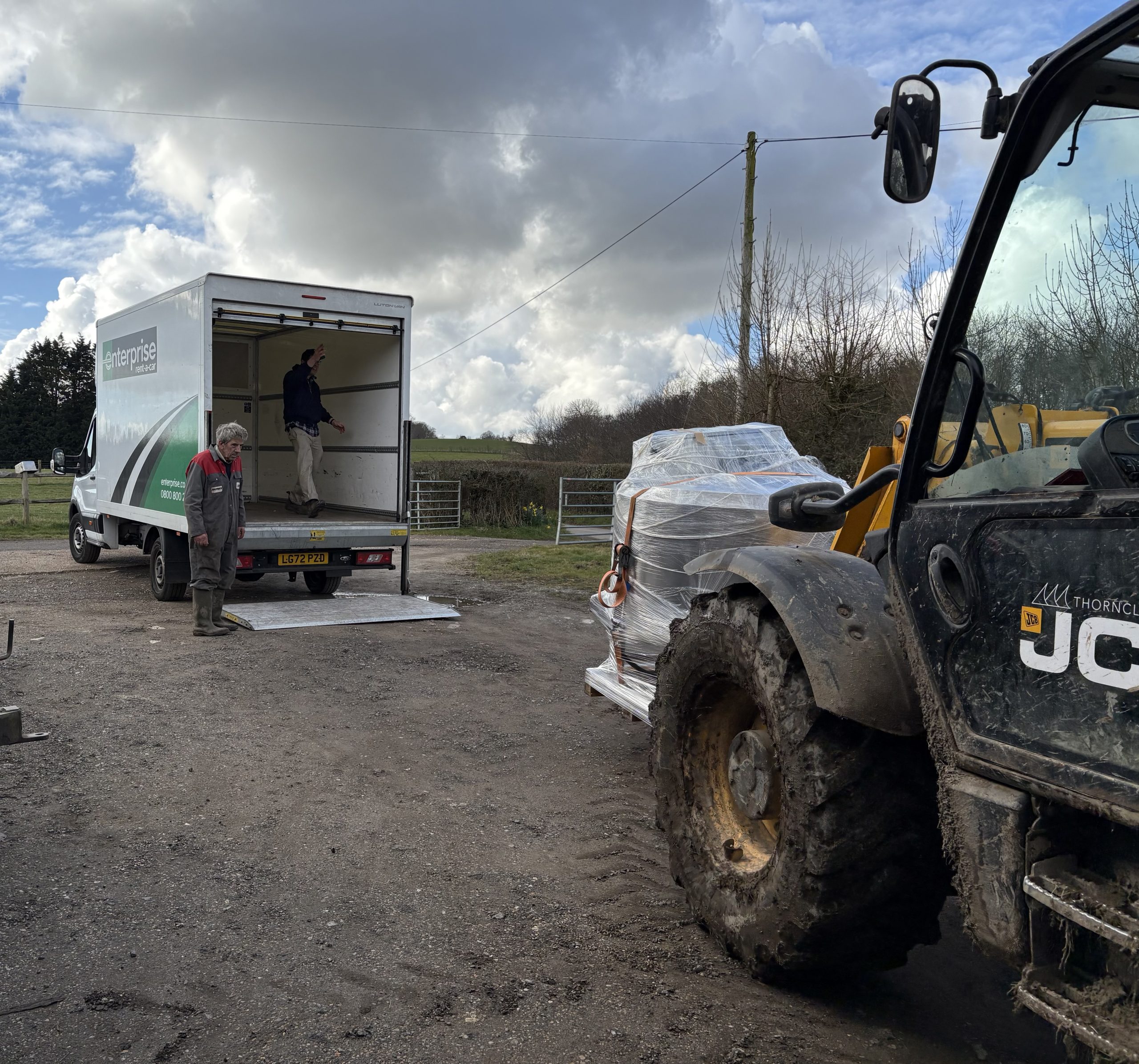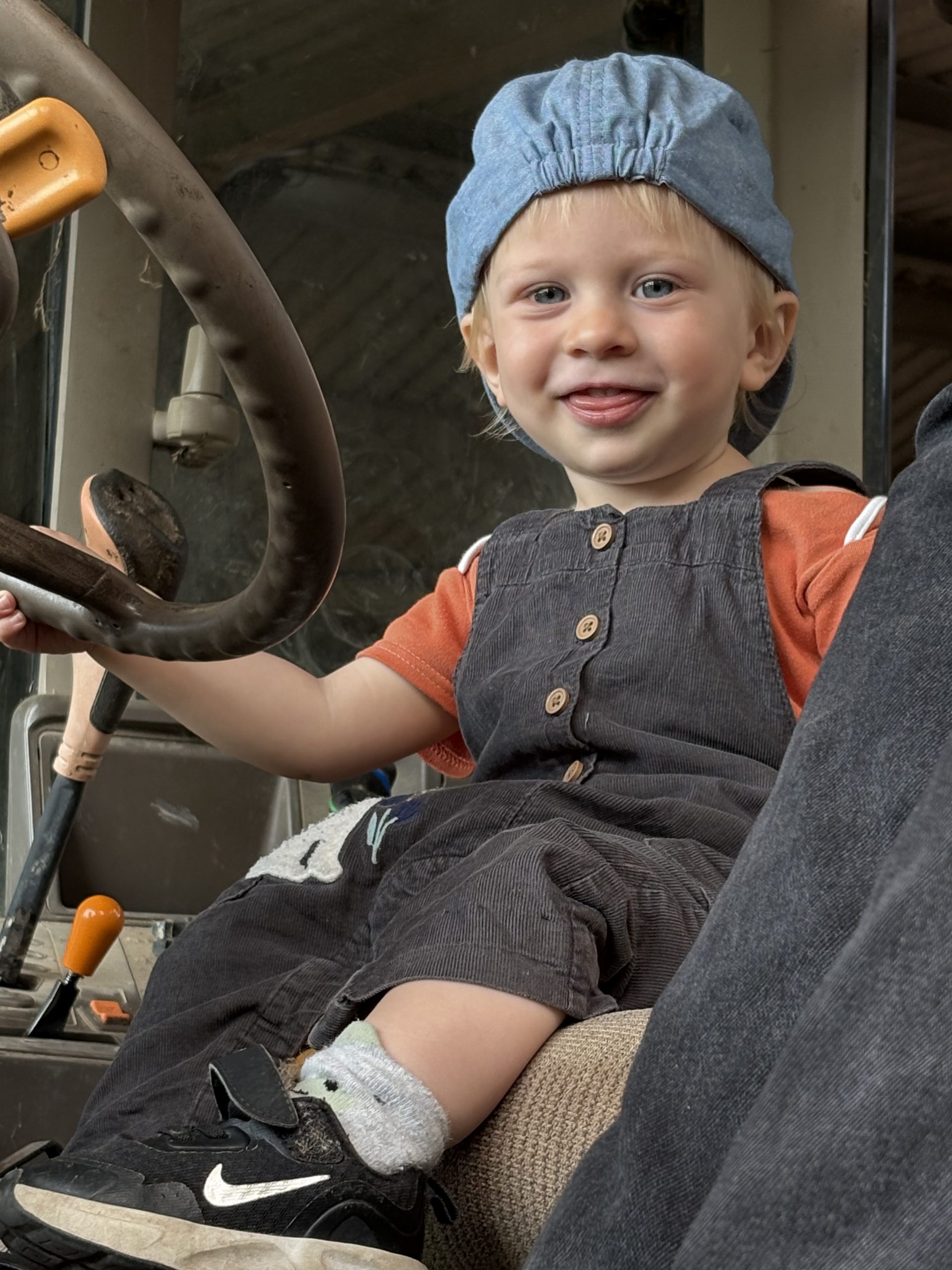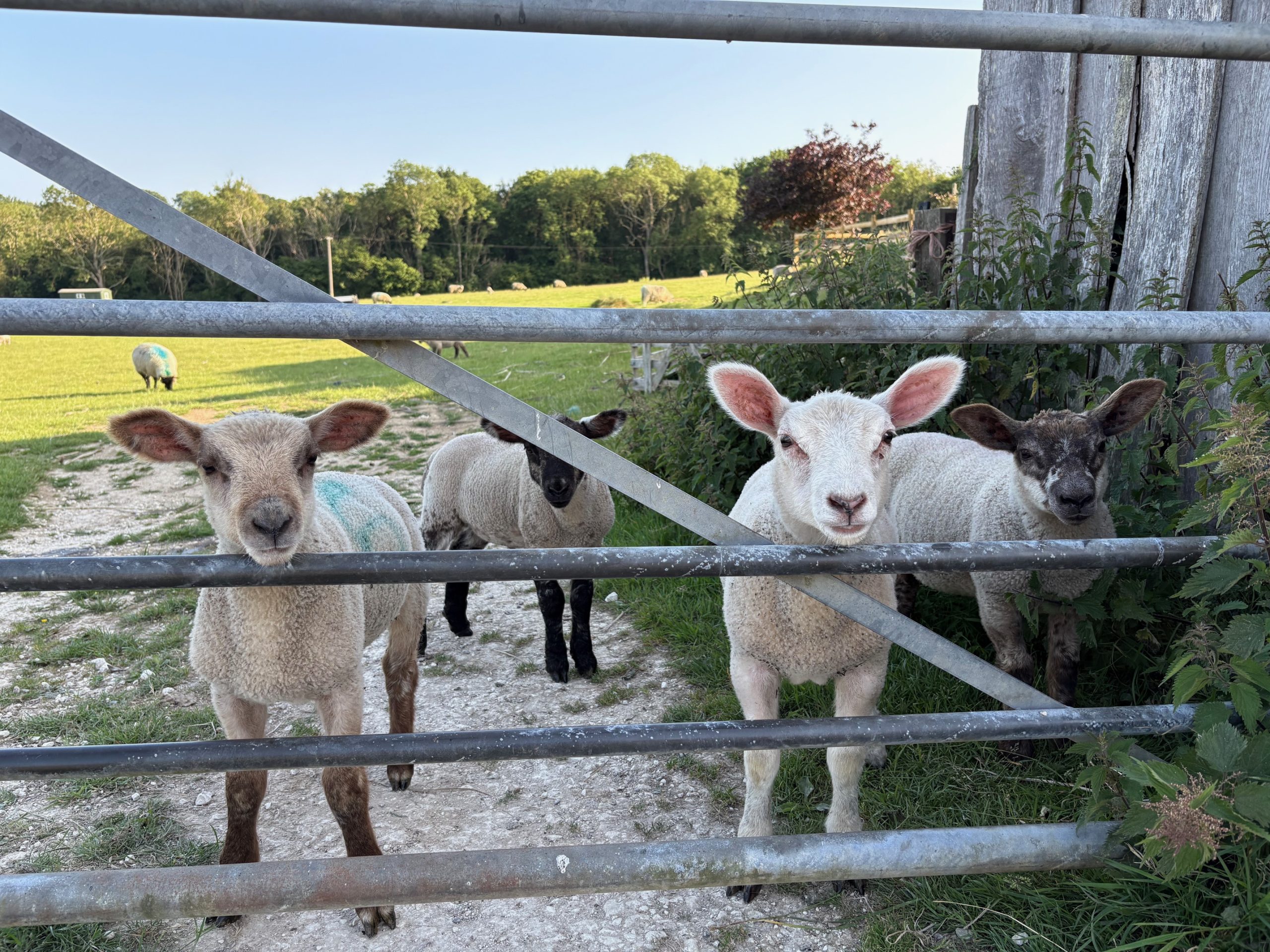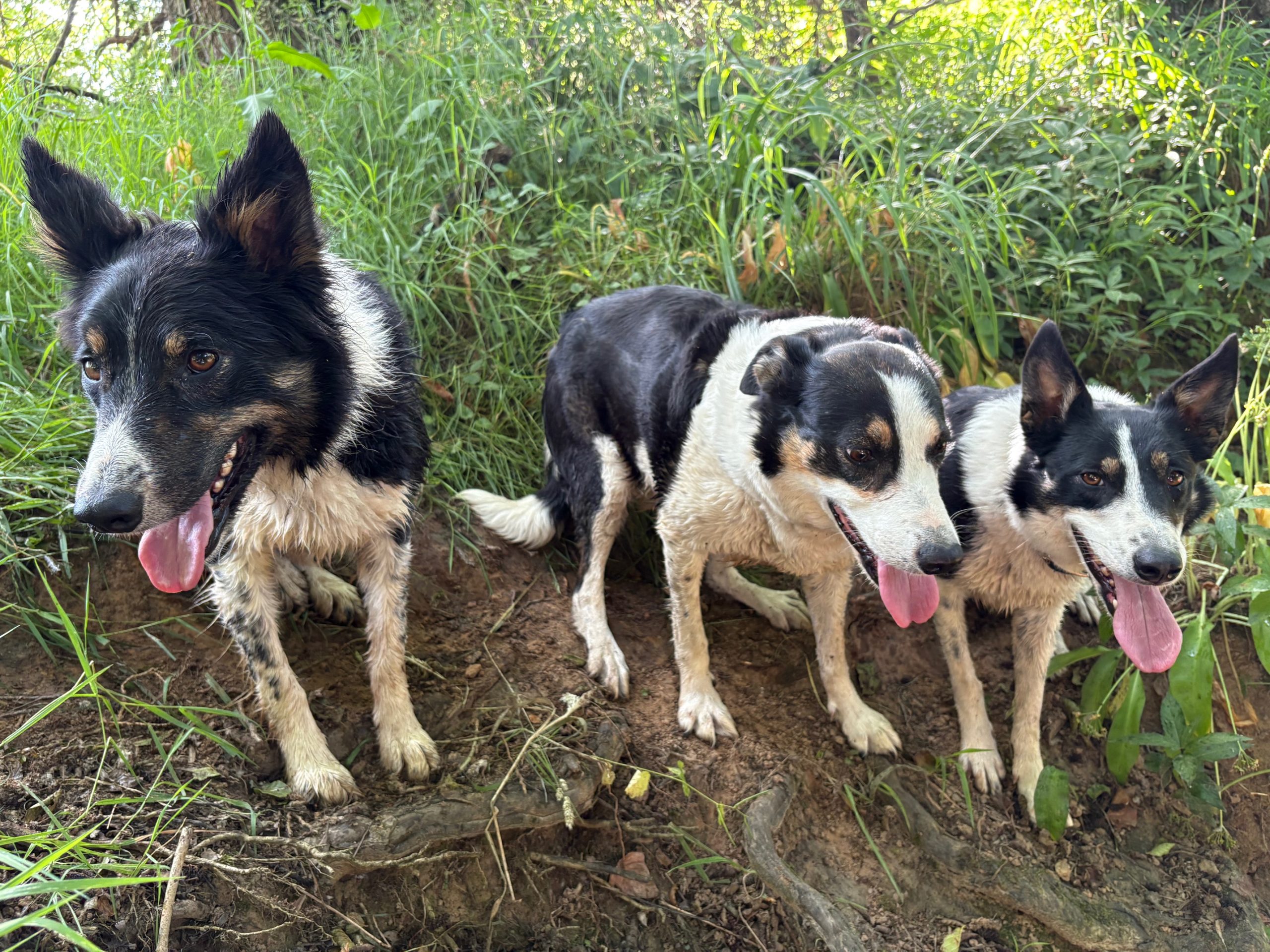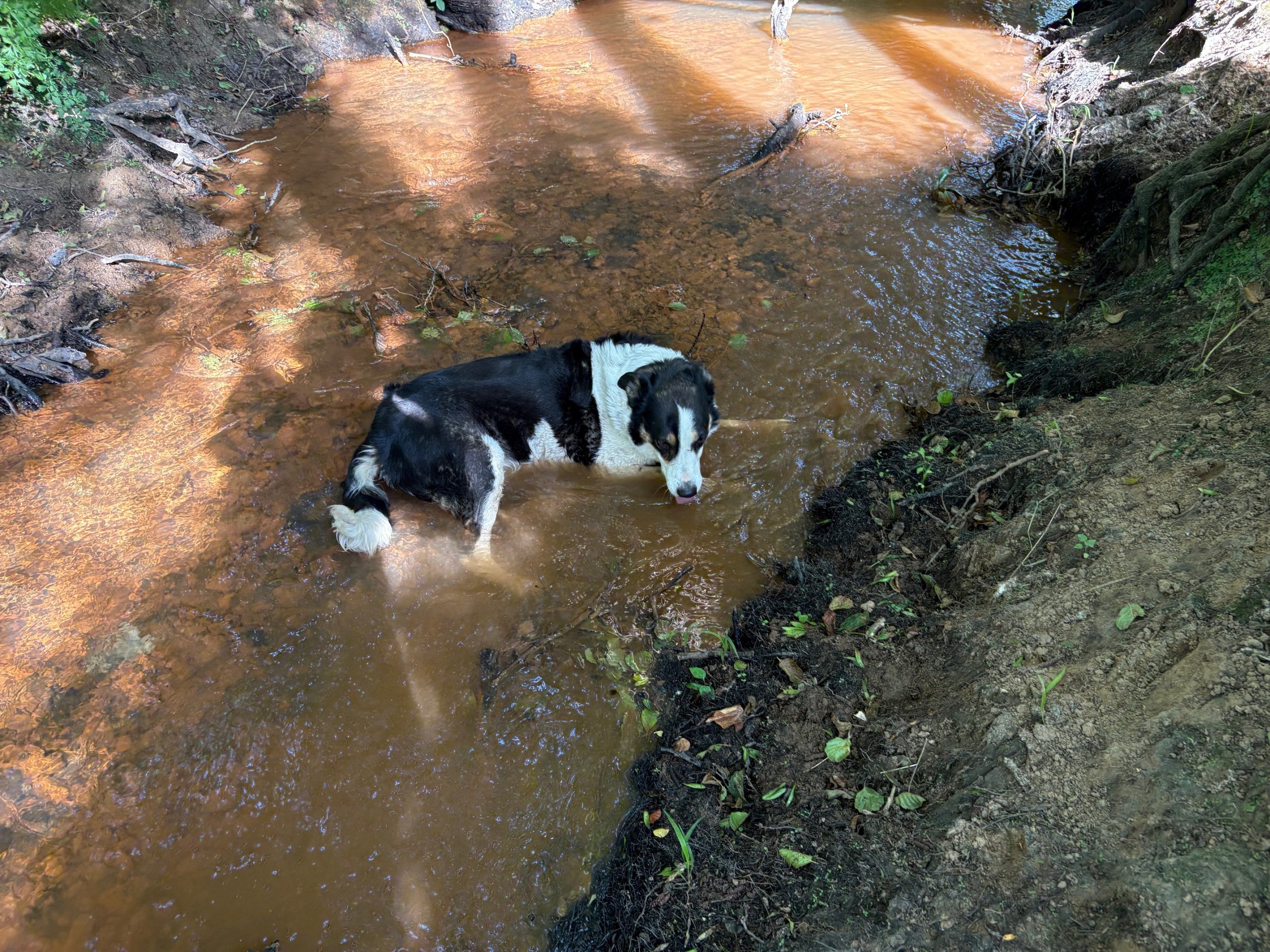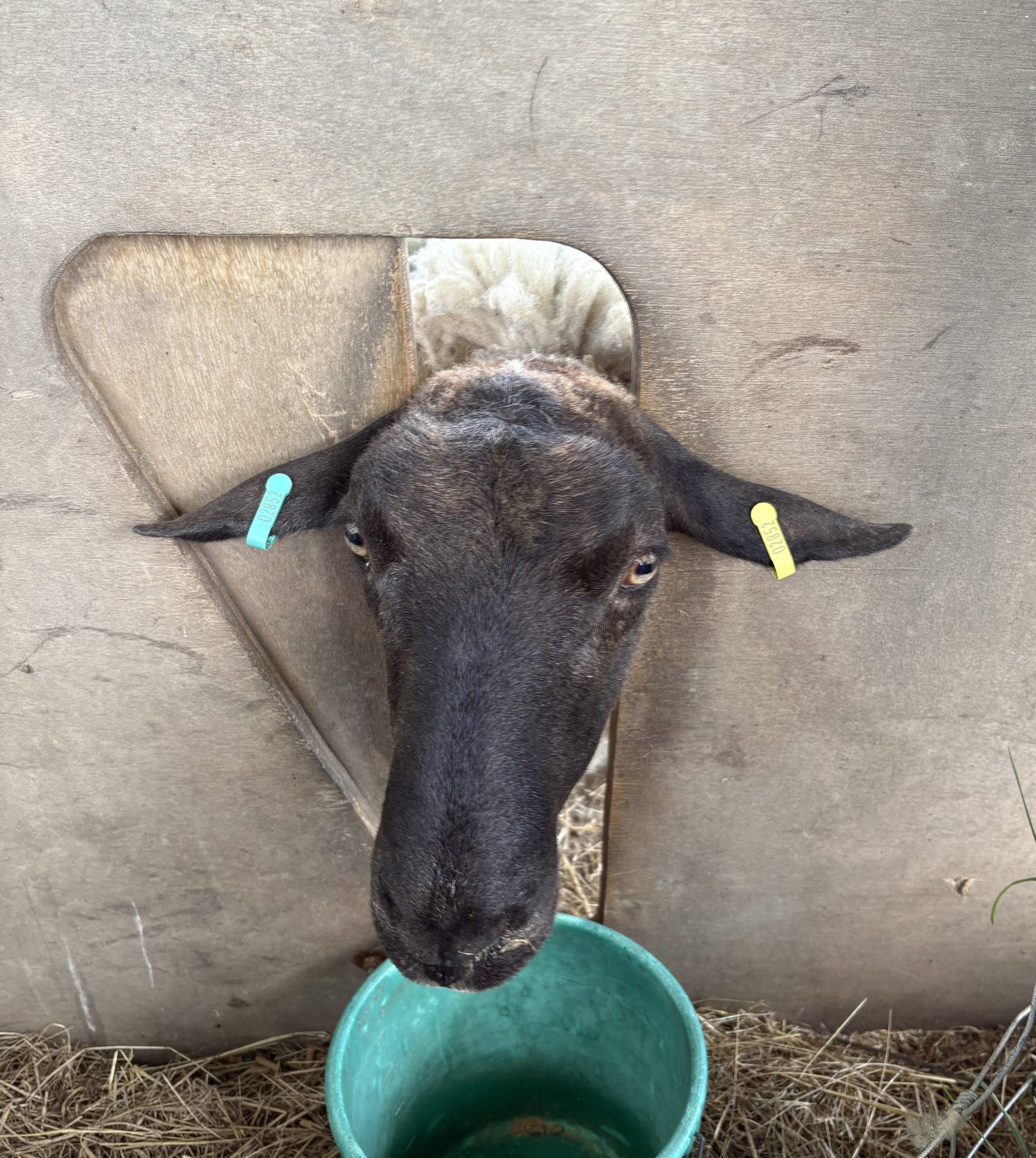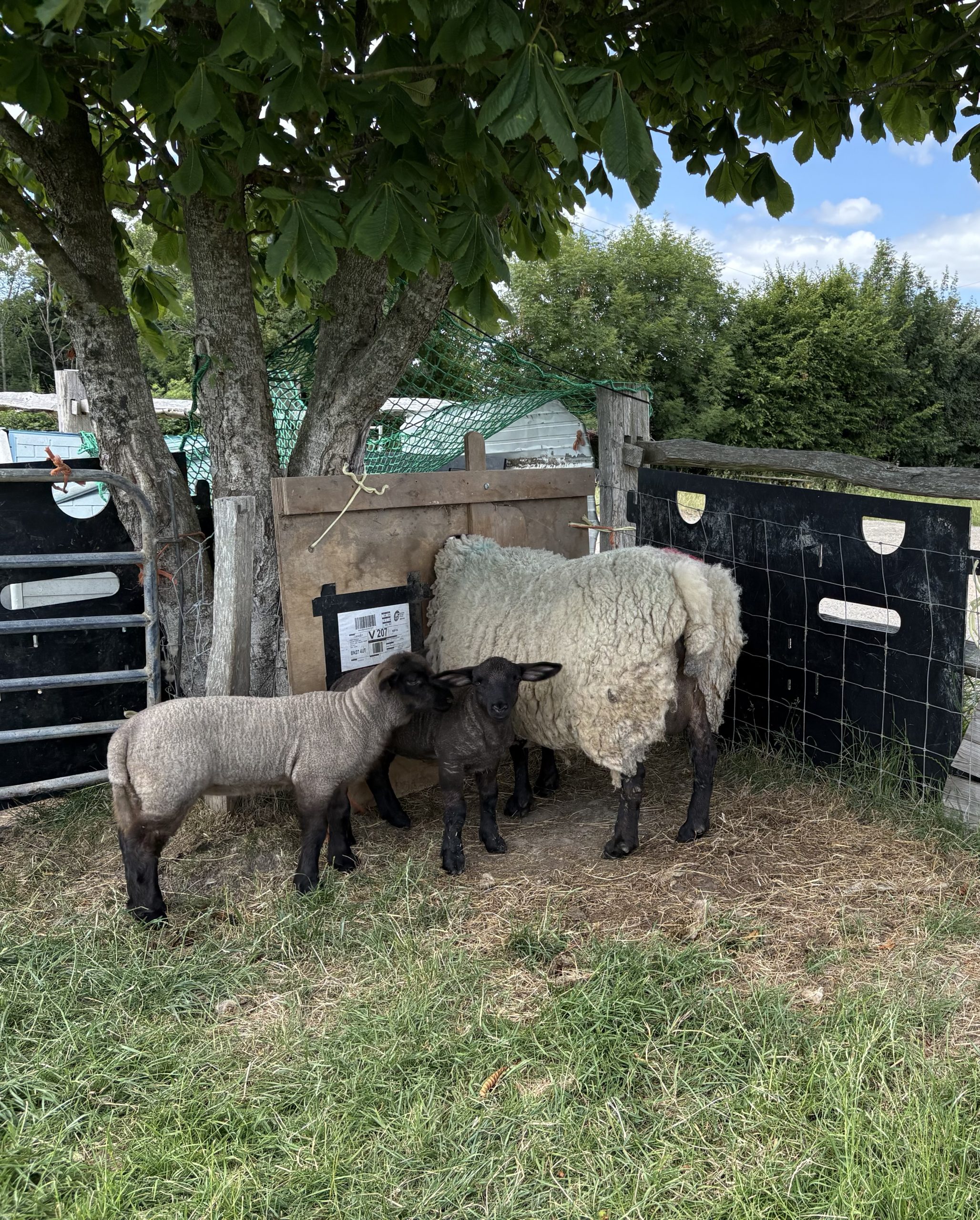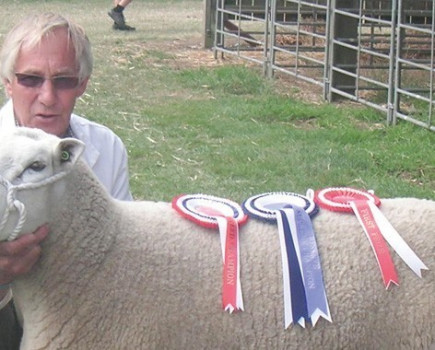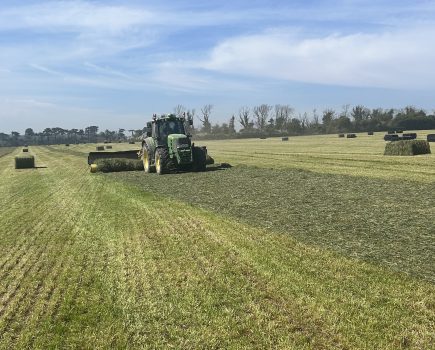The sun is still shining, and getting electric fencing posts into the ground is hard work. But we mustn’t complain; this weather is a gift for silaging and haymaking. That said, I do feel a little abandoned when my other half happily disappears off tractor-driving, leaving muggins here to mop up all the other tasks incorporated under the term ‘farming’.
I’m convinced silage wrap gets heavier every year. Collecting and delivering boxes of it to the field when supply runs short now seems to be part of my unofficial job description.
Back during lambing and calving, I held onto the illusion that once it was over, the workload would ease. I even set aside a day to tackle the house and garden. That lasted until coffee break. I’m convinced livestock conspire to thwart my best-laid plans.
My other half rang to report that the fattening cattle had mixed with older cows and twins, so the rest of the day was spent fencing and re-sorting. It never goes as smoothly as you’d hope, but we got it done and were finally heading home for a 4pm lunch. Then came a sudden bleating commotion. My heart sank; our sheep were getting out, I thought. But to my immense relief, it turned out to be a neighbouring farmer shearing their ewes. Farming rarely lets you off the hook, but sometimes it does offer a small reprieve.
I’ve come to accept that farming doesn’t get easier; it just changes. Before you realise it, you’re plunged headlong into the next seasonal task. On a brighter note, I’ve finished shearing the rams. One of them was flinching, though his wool looked clean. Shearing revealed a patch of hatched maggots on his mid-back. Miraculously, they hadn’t broken the skin, though the area was inflamed and moist.
My shearing method is perhaps a touch unconventional, but the rams were surprisingly patient. I doubt the Wool Board would appreciate receiving these fleeces; fortunately, our hedging plants are more than happy to put it to good use, helping retain soil moisture. Our ewes’ fly cover runs out in July, and I’ll be leaving their shearing to the professionals.
The lambs are treated with Clik Extra, but I still check them closely for signs of breakdown. I dislike applying chemicals to the flock and would gladly switch to a natural alternative, if only an effective one existed. It would be more environmentally friendly. There is a promising field trial underway looking into natural fly-strike repellents and treatments. I’m eager to hear the results and I’ll be sure to share any updates.
Our last ewe to lamb did so overnight, presenting her twins in the morning. They looked sturdy, and I congratulated mum – until I heard one with a hungry cry. The ewe’s udder was full, but she had decided she’d only be feeding one of her lambs. We put the second lamb in a foster unit for a few days, but on release the ewe remained stubbornly uninterested. We’re at loggerheads. It’s her lamb, she has milk, and I’m simply not taking on another bottle-fed lamb just when I was starting to enjoy freedom from that chore.
So, we’ve reached a compromise. She’s in a paddock with both lambs, and I’ve set up a headstock under a shady tree. She’s greedy, so twice a day I coax her into position with a bit of food, allowing the rejected lamb a chance to feed. He’s strong and determined, even if he has to put up with a few kicks – and he’s also got access to creep feed. Honestly, sheep are infuriating. Still, my sheepdogs would never forgive me if I sold them, even if the children might cheer.
Our legal-eagle daughter, mother to two young boys, is passionate about getting children out onto farms. In May, she organised visits for two groups of children. Naturally, it tipped it down with thunder showers that day.
We moved some sheep into pens in the shed and our bottle lambs basked in the extra attention. Some of the cows and calves, still indoors, were delighted to be fed additional hay. In between downpours, I took small groups of children out in a secure trailer to see the flock in the field. Meanwhile, the rest got to sit on tractors and learn about farm machinery. As one group left, a small voice declared: “I’m going to buy a farm so I can drive a tractor.” Mission accomplished, I’d say.
So, it was especially disheartening that the BBC, the day before Open Farm Sunday, ran a news piece warning about the risks of visiting farms. One case of a child falling ill was highlighted, and while, yes, there are risks, proper precautions (like hand-washing) mitigate them.
The benefits of children learning where food comes from far outweigh the risks. In my view, food production education is sorely neglected in today’s world. Securing CEVAS (Countryside Educational Visits Accreditation Scheme) training so that our family can host school visits is firmly on the ‘to-do’ list.
Earlier this spring, our cheese-making daughter and her family decided it was time to upgrade their facilities. That meant removing the cheese vat, a monstrously heavy and expensive piece of kit, and sending it back to the manufacturer for modification.
Getting it out of the cheese room and into a transit van was no small feat. It required every available family hand and Nigel’s precision JCB skills. Thankfully, all went to plan, and Pevensey Blue and Tilley Lane cheese are back in production. They had a successful day promoting both at the Heathfield Show.
I was recently asked why I haven’t commented on the political situation. To be honest, it probably wouldn’t be printable if I did. But I was incensed to receive an email promoting a Farmers’ Weekly webinar entitled: “How to start a new farm-based business”. The subtitle read: “Diversifying into non-farming ventures can help secure a stable income to support the food production side of your farm.”
Really? Is this what it’s come to? That producing food, one of the most essential human needs, is no longer considered a viable, stand-alone livelihood? It’s despicable; our government should be ashamed.
- Cheese vat moving team
- Cattle on the march, keeping cool
- Not conventional, but getting the job done
- Three potential farmers hatching a plan
- Shearing. Half way done
- Precision driving required
- Thomas enjoying pretend tractor driving
- Bottle lambs, not convinced weaning is the way forward
- It’s hot
- Nothing like a drink and wallow in the stream
- Loading cheese Vat
- We’re at loggerheads
- Naughty ewe with lambs
For more like this, sign up for the FREE South East Farmer e-newsletter here and receive all the latest farming news, reviews and insight straight to your inbox.

